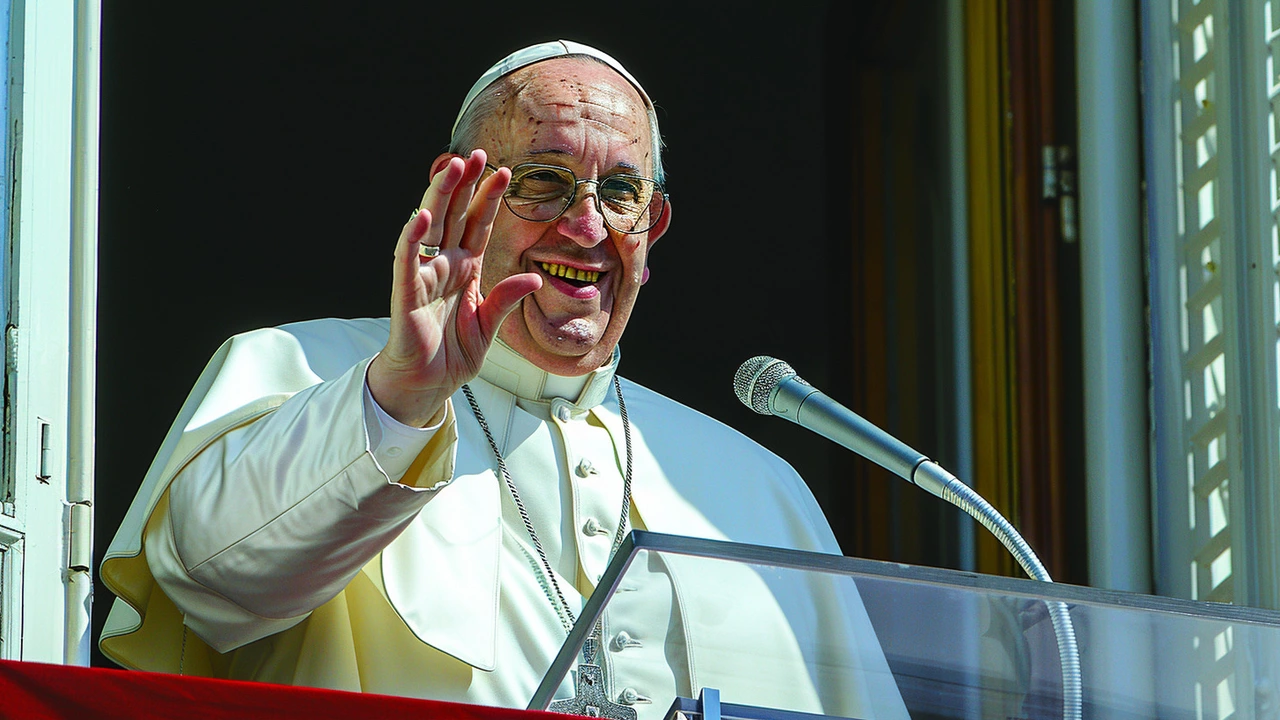Vatican Apology: What Happened and Why It Matters
In recent months the Vatican made headlines by issuing a public apology that many called a first for the Catholic Church. The statement wasn’t a vague "we’re sorry" – it addressed specific wrongdoings, like the mishandling of abuse cases and past support for oppressive regimes. For believers, this is a big deal because it shows the Church is finally willing to own up to its history instead of brushing it under the rug.
What the Vatican Actually Said
The Pope’s speech was clear and straightforward. He admitted that the Church failed to protect victims, that some clergy acted in ways that hurt the faithful, and that the hierarchy sometimes put its own image ahead of justice. He also promised concrete steps: stronger safeguarding policies, increased transparency, and a global commission to review past mistakes. By naming these issues, the Vatican moved from abstract regret to actionable commitment.
Why the Apology Is Different from Past Statements
Earlier apologies from church leaders often sounded like generic prayers or apologies for "any pain caused" without naming the real problems. This time, the language was specific – a clear acknowledgment that the institution itself, not just a few bad actors, bore responsibility. That shift matters because it gives survivors a sense that their stories are being heard, not dismissed. It also sets a precedent for other religious groups that might be wrestling with similar past failures.
For everyday Catholics, the apology can feel both uncomfortable and hopeful. Some worry it opens old wounds, while others see it as a chance to rebuild trust. Parishes are already holding discussion groups to talk about the apology and what it means for local ministries. The Vatican’s follow‑up actions – like publishing a report on abuse cases – will determine whether faith communities stay skeptical or start to feel reassured.
In short, the Vatican’s apology isn’t just a headline; it’s a turning point for the Catholic Church’s relationship with its followers and the world. By confronting the past head‑on, the Vatican aims to pave the way for genuine healing and a more accountable future. If the promised reforms stick, this moment could become a benchmark for how large institutions handle their darkest chapters.
 29 May 2024
29 May 2024
Pope Francis apologized for using a derogatory term about the LGBT community during a private meeting with bishops. His comments sparked debate about the church's stance on LGBT issues. The Pope reaffirmed his commitment to an inclusive church amid discussions on training seminarians.
View More
